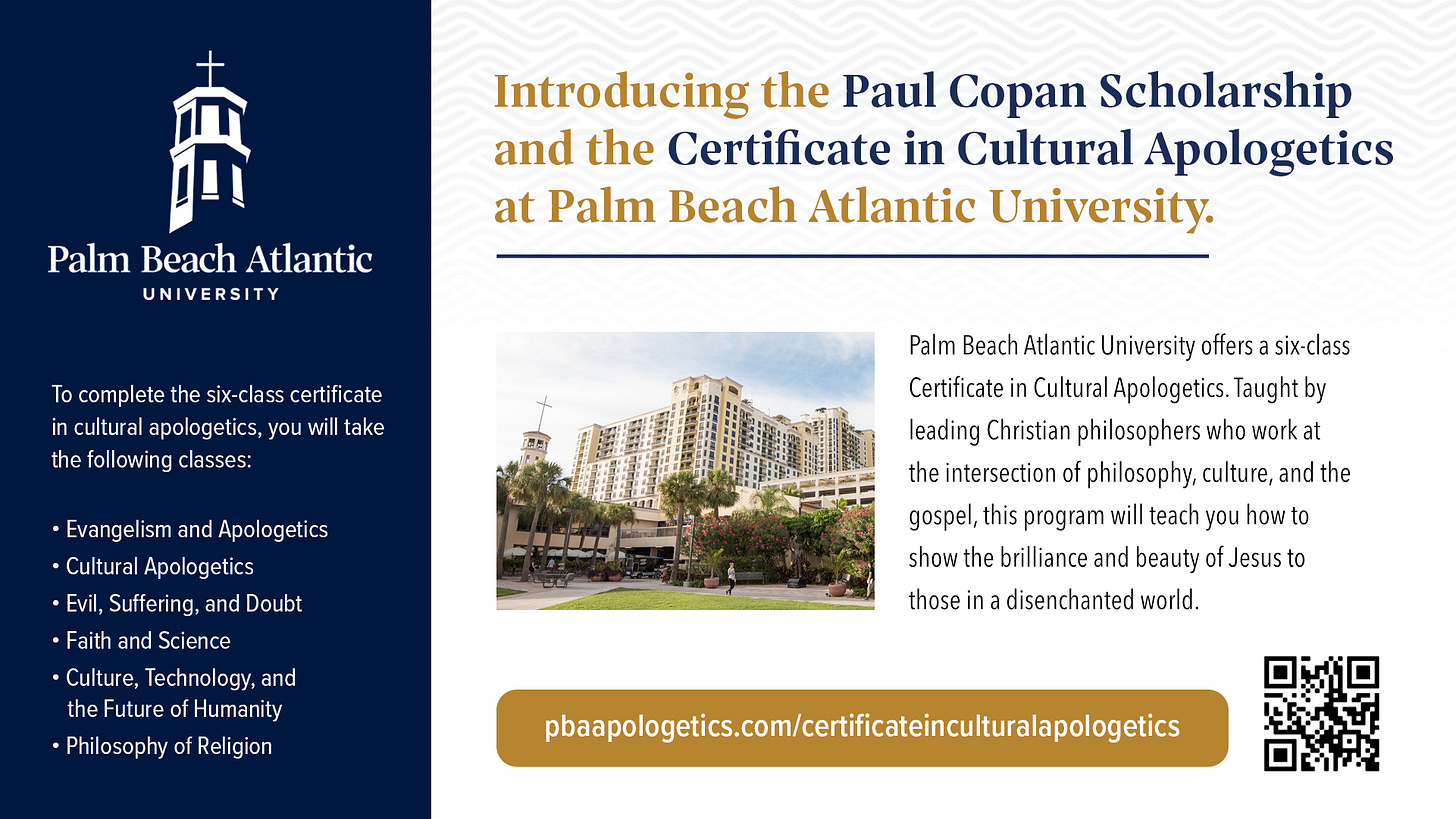With Valentine’s Day approaching, this little reflection by me and my precious wife pertains, appropriately enough, to love. But less romantic love than other sorts of love. The greatest commandment of all is to love God with all of our hearts and souls and minds and strength, and the next most important commandment is intimately tied to it: to love our neighbors as ourselves. We have been thinking quite a bit about this lately as we have moved into an election year. That it’s bound to be rather friction-filled makes such reflections even more pressing.
This piece is not about politics, per se, but about discussing politics. What we cover here may just have application for discussing other controversial topics as well, be it religion, sex, or any of the other emotionally charged topics people say not to discuss in polite company. But we know it’s these things that are often the most interesting to discuss. Of course, such discussion can spiral out of control, devolve into a fight, feature animus and contention, and ultimately prove disruptive and divisive, which is why most folks avoid these hot-button topics altogether.
So what we want to do in this short reflection is consider how we might go about having important, even if uncomfortable, conversations about crucial matters, despite the risk of “dirty hands.” Our advice will not work in every situation. I (Dave) remember growing up in a family that didn’t handle disagreements well. It seemed hard to express different opinions without a fight. I’ve suspected that one of the reasons I pursued philosophy as a vocation was that I had a hunger for substantive conversations without their becoming merely an opportunity for ugly conflict.
That said, it can be hard to know how to conduct oneself well in conversation and dialogue and debate. Even those without challenges lingering from childhood might find all too easy an urge to let our opponent have it, to rip an interlocutor apart, to go after the person and not just his or her argument. These are regrettable tendencies that we find within ourselves, but we also recognize how regrettable it would be to indulge them.
Sadly, we seem to live in a time when too many, even Christians, don’t seem to be fighting the impulse. When everything is seen through the lens of a culture war, for example, and one’s opponents are thought to be tearing apart the fabric of the nation, we can feel justified to acerbically attack them. After all, they’re going to do the same to us, so we might as well hit back, or hit first. So we tell ourselves anyway.
We can and certainly should challenge positions in the public square that we vehemently disagree with, but in doing so, we must refrain from crossing certain lines. We recognize this need in the area of apologetics, where we provide a rational defense of the faith. In that context, it makes little sense to do apologetics in a way that’s off-putting and insulting to our interlocutors. They are the very ones we are trying to win over and persuade, after all. Attacking them might be emotionally gratifying and might inspire the choir, as it were, but it does little to build bridges with those with whom we disagree. The same lesson applies to all areas of diverging convictions.
There has been a push back in some Christian circles against being “winsome” or “nice,” and we understand the concern. Niceness, especially, strikes us as a rather anemic-sounding trait: weak-kneed, saccharine sweet. Moreover, nowhere in the Bible can be found an enjoinder to be nice. But we are told numerous times to be kind, and to speak the truth in love.
A few weeks ago, I (David) heard that an old friend and former colleague at King’s College in northeastern Pennsylvania, Henry Nardone, had died. He was 87. He and I were colleagues for four years about twenty years ago. I loved Henry. We fished and played racquetball and co-taught a class. Every week before that class we taught together, we’d go across town for dinner at Olive Garden, where he never let me turn down the complimentary wine. I made that mistake only once. He told me in no uncertain terms that, from then on, I was to accept it, and then promptly pour it into his glass. Henry was a prince of a man. Last evening, I was reading some online tributes to him, and several called him kind. And he was. He was a Roman Catholic, and I was not; he was a loyal Democrat, and I was not. But I loved him, and our differences never divided us.
Admittedly, Henry was easy to love. But there’s a lesson here. At least starting with our family members and dear friends, we have to practice disagreeing agreeably. This is at least part of what it means to love our neighbors as ourselves. We have to practice speaking the truth in love. Too often either truth or love is sacrificed, and the result is either compromise or dissension. We are told to live at peace with others as far as we’re able, which implies there may be times when it isn’t possible. But there are other times when we could do better to keep relationships intact and healthy despite strong differences. And if we can, we should.
Sometimes this may mean agreeing not to discuss politics. Once positions are clearly laid out, there may be little point to re-litigating the same disputes time and again. On occasion, wisdom would suggest talking about other things.
Here are a few practical pieces of advice when you do try to have these discussions. When discussing, say, politics, refrain from making it personal by criticizing your dialogue partner. Little is to be gained, and much lost, from presuming their motives, questioning their patriotism, implying you think they’re stupid, or suggesting they are irrational.
Recently we have conducted an “experiment in persuasion” on Facebook where, to push for a particular political view, we offered one piece of publicly available evidence a day for three weeks. We didn’t attack those who disagreed with us. We didn’t psychologize them or presume to know what motivated them. We didn’t question their intelligence or their patriotism. We simply shared facts.
Even then, though, we found that some folks felt “harangued” or personally attacked, and more than a few returned the favor. As tempting as it was to reciprocate, on this occasion, at least, we refrained and let the personal attacks slide off our backs. We kept it dispassionate and cordial, gently encouraging people to consider the evidence and come up with their own conclusions. We didn’t do other people’s thinking for them, and we gave people mental space to disagree with us.
I doubt we won many over, although some told us they appreciated our efforts. But it was our simple effort to speak truth in love, in the hopes that it would do the work, and that perhaps at least some might be touched and moved by it. Pointing to the evidence in the hope of gentle persuasion—isn’t this exactly the same thing we do in apologetics?
Part of the motivation was this: Just prior to our exercise, I (Dave) had had a conflict with a dear friend on FB on a political issue, and it deeply bothered me. This fellow is like a brother to me, and I love him. But when the conflict first arose, I felt all those ugly tendencies welling up within me from years gone by, and I hated it. I couldn’t help but think there had to be a better way—a way to speak the truth in love, a way to love my neighbor as myself, a way to treat him as I’d like to be treated.
And there is.
It involves, perhaps among other things, being true to your convictions, praying for those who disagree, asking God to show ourselves things we may need to learn, and steadfastly showing great regard for those we may disagree with. Let them think for themselves, share important truths with them, be willing to let them share important perspectives with you, and simply refrain from attacking them or intimating they are failing intellectually or morally or spiritually. Let the Holy Spirit do that work. Speak the truth in love and relinquish the results to God. They are not your enemy. We wrestle not against flesh and blood, but principalities and powers. We don’t persuade people by insulting them. Neither in apologetics nor politics nor anywhere else.
— David Baggett is Professor of Philosophy and Director of the Center for the Foundations of Ethics at Houston Christian University. He is the author or editor of about fifteen books, most recently Ted Lasso and Philosophy: No Question Is Into Touch edited with Marybeth Baggett.
— Marybeth Baggett is Professor of English at Houston Christian University. She is co-author of Telling Tales: Intimations of the Sacred in Popular Culture and The Morals of the Story: Good News about a Good God, which won Christianity Today's 2019 Award of Merit for Apologetics and Evangelism.
Image by Gerd Altmann from Pixabay
Advertise in The Worldview Bulletin
Do you have a ministry, book, course, conference, or product you’d like to promote to 6,946 Worldview Bulletin readers? Click here to learn how. We’re currently booking for February-March.
[sponsored]
Learn more at https://pbaapologetics.com/certificateinculturalapologetics.
"...LIKE GOD?": Post Modern Infatuation With New Age and Neo-Spiritism
“In this thorough and well-researched work, David Sonnesyn brings a lawyer’s mind to the task of exposing and challenging the leading false worldviews of our day. He leaves no heresy unexposed and exposes all of them to the liberating truth of Christianity.”
— Douglas Groothuis, Ph.D., Professor of Philosophy and Apologetics at Denver Seminary, author of Christian Apologetics: A Comprehensive Case for Biblical Faith; Walking Through Twilight: A Wife’s Illness—A Philosopher’s Lament; Philosophy in Seven Sentences; and twelve other books.
Find . . . Like God? at Xulon Press, Amazon, and other major booksellers.
Do your teens have untapped potential just waiting to be released? At Summit Ministries young adults ages 16-to-22 discover their purpose, gain courage, and deepen their faith alongside like-minded peers. Summit is a life-changing two-week adventure in which top Christian thought leaders walk alongside young adults to teach them, answer their questions, and inspire confidence to stand up and stand out as believers. Apply for this year’s Student Leader Scholarship when you register for an in-person session in Colorado or Georgia. Create an account and select your session today, summit.org/students.
“Summit summer sessions are high-impact, high-energy, immersive experiences that encourage students to think biblically, pursue Christ deeply, and share the love of God passionately. This ministry changes lives. I've taught at Summit for years and watched students come alive as they hear from leading Christian intellectuals with a heart for ministry. This is one of the best gifts you can give to your children as they prepare to be faithful witnesses in our disenchanted age.”
— Paul M. Gould, Associate Professor of Philosophy of Religion and Director of the M.A. Philosophy of Religion program at Palm Beach Atlantic University and regular Summit speaker and teacher for summer and gap-year programs.
Would you like to grow in your knowledge of and ability to defend the Christian worldview?
Would you welcome the opportunity to learn from world-class Christian scholars and apologists?
If so, please consider subscribing to The Worldview Bulletin. You’ll receive exclusive articles, access to our full archive of past essays, the ability to join our video tutorials and presentations, as well as stream them at your convenience.
You’ll also be supporting our work of equipping Christians around the world to contend for the faith and demonstrating the truth, goodness, and beauty of the Christian worldview.
If you prefer to give a one-time donation instead, you can do so here.
Thank you!
“Staffed by a very respected and biblically faithful group of Evangelical scholars, The Worldview Bulletin provides all of us with timely, relevant, and Christian-worldview analysis of, and response to, the tough issues of our day. I love these folks and thank God for their work in this effort.”
— JP Moreland, distinguished professor of philosophy, Talbot School of Theology, Biola University, author of Scientism and Secularism: Learning to Respond to a Dangerous Ideology (Crossway)
“I find The Worldview Bulletin very stimulating and would encourage all thinking Christians to read it.”
— John Lennox, emeritus professor of mathematics, University of Oxford, emeritus fellow in mathematics and philosophy of science, Green Templeton College, author of Cosmic Chemistry: Do God and Science Mix? (Lion)
“It has made such a difference to me to realise that my Christian faith is intellectually respectable.” — Duncan Cooke, M.D.
“I just wanted to give a big shout out to you for creating this awesome newsletter. . . . I read it regularly with great joy and gain, not least because the articles manage to be intellectually thorough whilst spiritually stimulating. And my standards are high, being a professional philosopher.”
— Alin C., Lausanne, Switzerland
“The Worldview Bulletin is a must-have resource for everyone who’s committed to spreading and defending the faith. It’s timely, always relevant, frequently eye-opening, and it never fails to encourage, inspire, and equip.”
— Lee Strobel, New York Times bestselling author of more than forty books and founding director of the Lee Strobel Center for Evangelism and Applied Apologetics
“The Worldview Bulletin is a wonderful resource for the church. It’s timely and helpful.” — Sean McDowell, associate professor in the Christian Apologetics program at Talbot School of Theology and author of The Fate of the Apostles: Examining the Martyrdom Accounts of the Closest Followers of Jesus (Routledge)
“The Worldview Bulletin is a wonderful resource for those desiring to inform themselves in matters of Christian apologetics. Learn key points in succinct articles written by leading scholars and ministers. All for the monthly price of a cup of coffee!”
— Michael Licona, associate professor of theology at Houston Christian University and author of Why Are There Differences in the Gospels? What We Can Learn From Ancient Biography (Oxford University Press)





